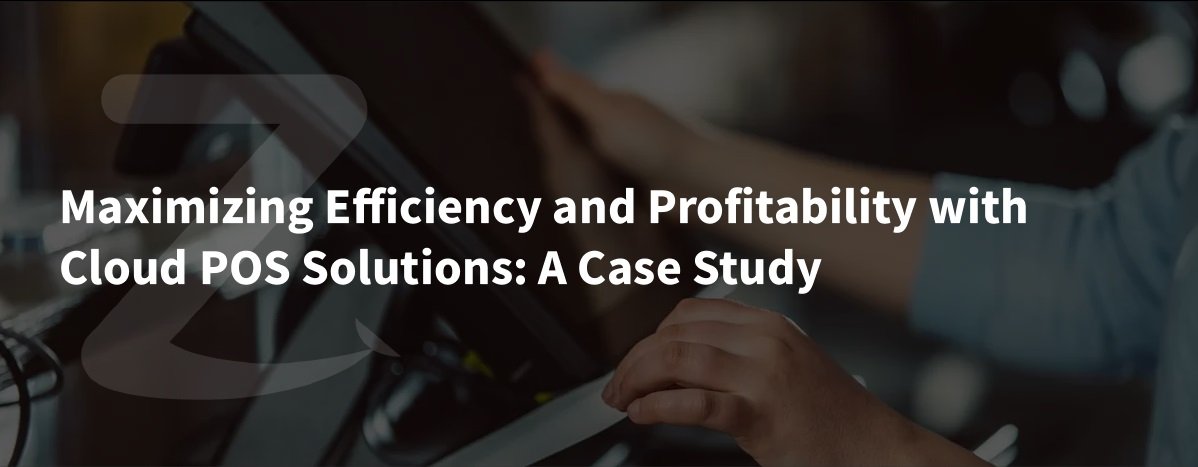
Discover how a business boosted its efficiency and profitability with cloud POS solutions in this informative case study. Learn the benefits of implementing cloud-based systems and how they can transform your operations. Read now for valuable insights and take your business to new heights!"
Description:
As the retail industry becomes increasingly competitive, businesses are constantly seeking ways to improve their efficiency and profitability. One solution that has been gaining popularity in recent years is cloud-based point of sale (POS) systems.
Cloud POS systems offer numerous advantages over traditional on-premise systems, including increased accessibility, flexibility, and scalability. In this article, we will explore how one business successfully implemented a cloud POS system and saw significant improvements in its operations and bottom line.
The Business: A Mid-Sized Retailer
A mid-sized retailer refers to a business that falls between small and large retailers in terms of revenue, number of employees, and size of the operation. Typically, mid-sized retailers have several locations and sell a variety of products to consumers. These businesses may face unique challenges in the retail industry, such as managing inventory across multiple locations and balancing costs with profitability.
To succeed, mid-sized retailers need to optimize their operations, improve customer experience, and maximize profitability through strategies such as leveraging technology, optimizing inventory management, enhancing customer experience, focusing on employee development, and fostering community engagement.
Our case study focuses on a mid-sized retail business with multiple locations selling a variety of consumer goods. Prior to implementing a cloud POS system, the business was using a traditional on-premise system that was outdated and inefficient. Their inventory management was manual, and they had no real-time visibility into sales data or customer insights.
The Solution: A Cloud-Based POS System
To address these challenges, the business decided to implement a cloud-based POS system. After researching several options, they chose a solution that offered real-time inventory tracking, sales analytics, and customer relationship management (CRM) capabilities. The system was also scalable, allowing the business to easily add new locations as it expanded.
The Results: Improved Efficiency and Profitability
After implementing the cloud POS system, the business saw significant improvements in its operations and profitability. Here are some of the key benefits they experienced:
Increased Efficiency: With real-time inventory tracking and automated reporting, the business was able to streamline its operations and reduce manual tasks. This resulted in time savings for staff and improved accuracy in inventory management.
Improved Customer Insights: The CRM capabilities of the cloud POS system allowed the business to track customer preferences and behavior, leading to more targeted marketing efforts and increased customer satisfaction.
Enhanced Sales Analytics: The system provided the business with real-time sales data and analytics, enabling them to make informed decisions about inventory management, pricing, and promotions.
Scalability: The cloud POS system was easily scalable, allowing the business to add new locations as they expanded without the need for additional hardware or software.
Increased Profitability: With improved efficiency, customer insights, and sales analytics, the business was able to optimize its operations and increase profitability.
Conclusion
As this case study demonstrates, implementing a cloud-based POS system can have a significant impact on a business's efficiency and profitability. With real-time inventory tracking, sales analytics, and CRM capabilities, a cloud POS system can help businesses streamline their operations, improve customer satisfaction, and increase their bottom line. If you're considering a POS system for your business, a cloud-based solution may be the right choice to take your operations to the next level.